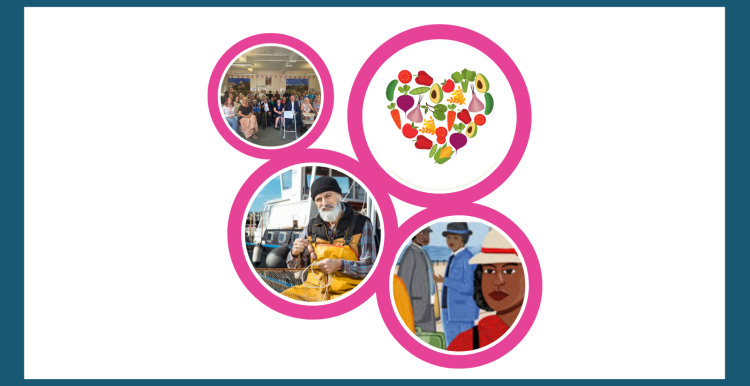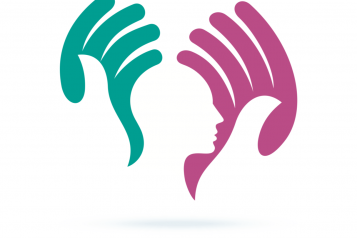Listening to seldom heard voices

Residents using the larder make a small financial contribution to receive fresh food and household essentials. There’s also signposting support around healthy diets and more general local resources.
For more information on the launch of the larder
Growing the approach
Linked to the project is a Blueprint that is an Approach to Tackling Health Inequalities. This sets out how the community larder was set up and provides an approach for people seeking to deliver their own projects to tackle health inequalities.
How Healthwatch addresses Health inequalities
In our article on <LINK – Health inequalities article> we shared more on what health inequalities are and how Healthwatch has adopted a more structured approach to help those most affected by differences in the provision of and access to health and social care.
Healthwatch has worked with various groups to ensure a more equal experience for all local residents. Due to our continued commitment, we were invited to share evidence with a strategic effort called Turning the Tide.
Turning the tide
The Kent and Medway Turning the Tide Oversight Board (TTOB) brings key partner agencies together to ensure people from minority ethnic backgrounds have the same likelihood of good health and wellbeing as people from White British backgrounds, and to reduce inequalities in how health and social care is provided.
Healthwatch shares insights
Public Health for Medway Council commissioned TONIC (an independent research organisation, www.tonic.org.uk to review insight work conducted in Kent and Medway with a focus on the health and wellbeing of ethnic minority communities.
Healthwatch Kent and Healthwatch Medway with Kent Medway voice have contributed from our listening exercises and targeted research to their existing insight work as part of our continued commitment to address health inequalities and raise the voice of seldom heard groups.
Below we share more about the different projects and listening work that we’ve done that was included in what we shared and that demonstrates how we work to raise the voice of groups who are seldom heard.
It’s important to remember that seldom heard voices aren’t only ethnic minorities but include less well represented social needs such as fishermen. Healthwatch has worked with the following groups over the last year, see our Annual Report for more on the following;
Below we share more detail about our work with the following communities:
- Nepalese
- Carribean
- Fishermen
Upcoming work with the Gypsy Roma Traveller communities and Nigerian community.

